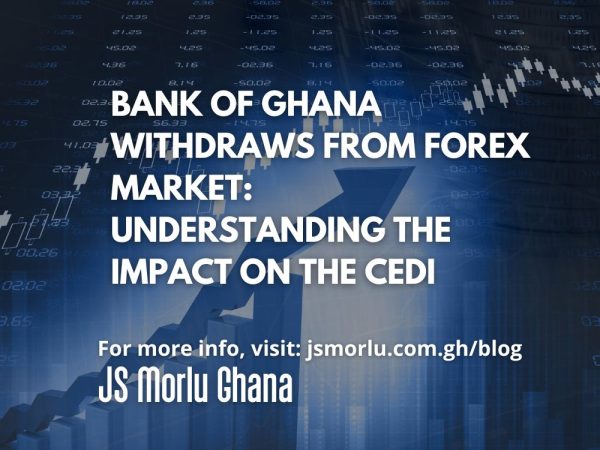President John Mahama has confirmed that the Bank of Ghana (BoG) has stepped back from its direct interventions in the foreign exchange (forex) market, allowing the cedi to adjust naturally through market forces. The move highlights both the strengths and vulnerabilities of Ghana’s currency at a time when stability remains crucial for businesses and households alike.
Why Did the BoG Step Back?
For much of 2024, the cedi experienced sharp appreciation against the U.S. dollar. On the surface, a stronger cedi seemed positive:
- Importers gained, as cheaper dollars allowed them to bring in more goods.
But this strength also had downsides:
- Exporters suffered, since they received fewer cedis for every dollar earned abroad.
This imbalance raised concerns. By withdrawing, the BoG has allowed the cedi to “find its true value” based on supply and demand, rather than central bank intervention.
The Balancing Act
Every country faces the challenge of balancing the needs of exporters and importers. If the cedi is too strong, exporters lose competitiveness; if it is too weak, importers face higher costs.
President Mahama noted the importance of finding a “delicate balance” while aiming to limit depreciation to around 5% annually, ensuring the currency remains broadly stable over time.
The Challenge of Volatility
Currency swings are not just abstract numbers—they affect everyday planning and business decisions.
- In the first half of 2024, the cedi lost about 25% of its value, making budgeting and forecasting extremely difficult.
- Remittances from the Ghanaian diaspora dropped by 50%, as many abroad held back transfers, anticipating further fluctuations.
For businesses and families, this uncertainty creates hesitation, delays investment, and weakens financial confidence.
Exposing Unhealthy Practices
Investigations have also revealed troubling practices in Ghana’s forex market:
- Some money transfer companies failed to repatriate dollars collected abroad.
- In other cases, businesses obtained foreign exchange to pay for imports that never actually arrived.
According to the President, over a four-year period, approximately $42 billion left Ghana without corresponding imports. Authorities have begun sanctioning banks and preparing to interrogate individuals linked to these irregularities.
Why Stability Matters
A strong and stable currency underpins economic confidence. When exchange rates swing wildly:
- Businesses struggle to plan for growth.
- Households lose purchasing power.
- Investors both local and foreign become more cautious.
As President Mahama emphasized, protecting the cedi is in everyone’s interest, and addressing abusive practices is essential for building long-term stability.
Key Takeaways
- The Bank of Ghana has withdrawn from direct forex interventions to let the cedi adjust naturally.
- Currency appreciation helps importers but hurts exporters, highlighting the need for balance.
- Volatility disrupts planning, business confidence, and remittance flows.
- Abuses in the forex system have drained billions from the economy, prompting investigations.
- Long-term stability requires discipline, transparency, and accountability across the financial system.
In Summary: The BoG’s decision reflects a shift toward allowing market forces to shape the cedi’s value. While this exposes short-term vulnerabilities, it may ultimately create a more sustainable foundation for Ghana’s economy, provided that abuses are curbed and stakeholders work together to protect the currency.
